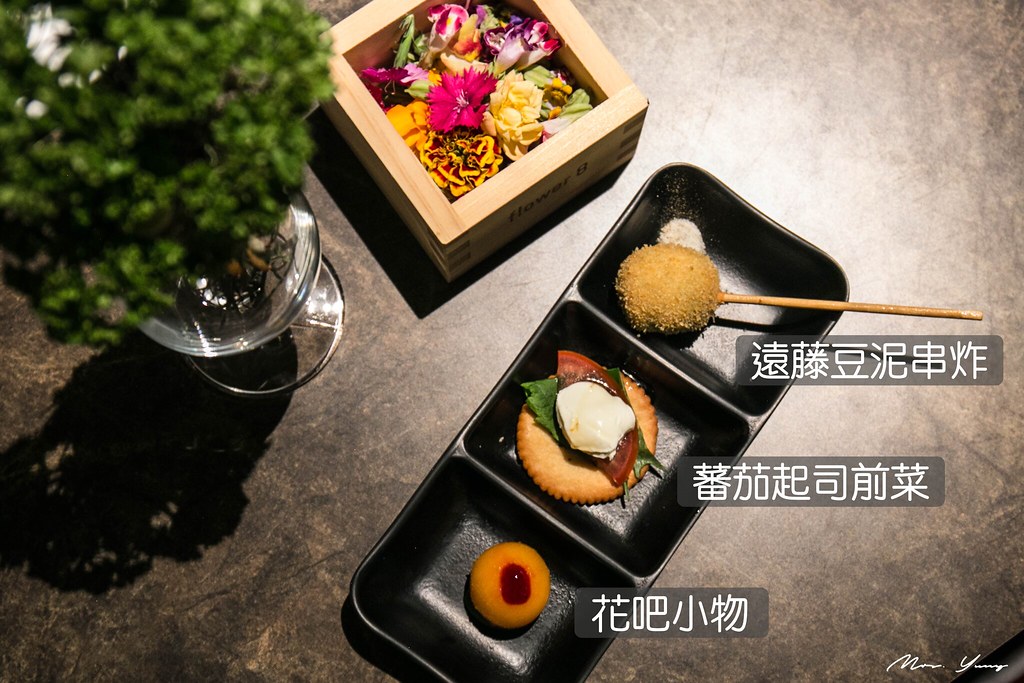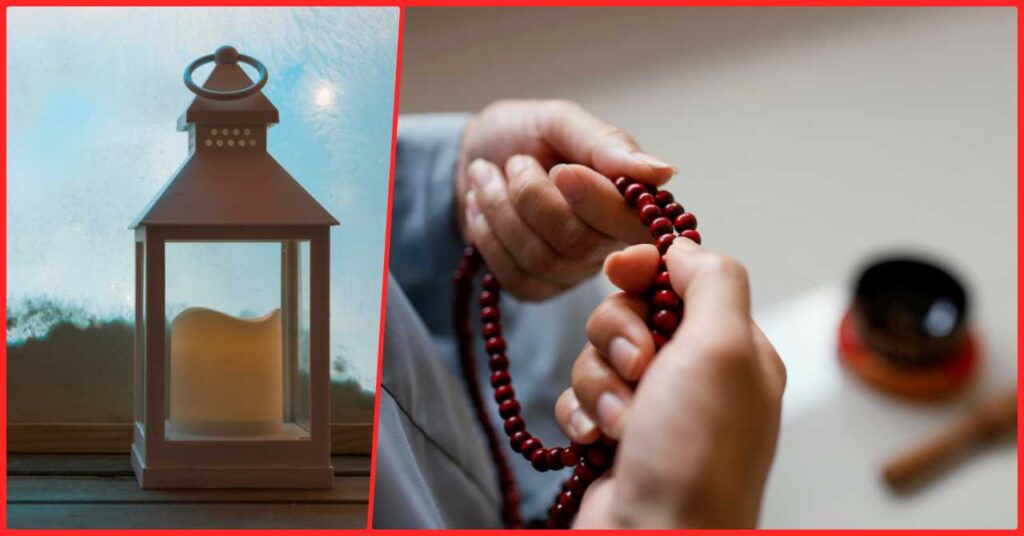Ramadan is an Islamic holy month and is celebrated all over the world, including Japan. It is a significant religious event celebrated by Muslims worldwide. It is the ninth month of the Islamic calendar, and during this time, Muslims around the world fast from sunrise to sunset. It is a time of reflection, prayer, and increased devotion to Allah.
The celebration of Ramadan in Japan is unique and distinct from other Muslim-majority countries, as Japan is a minority Muslim country. In this article, we will explore how Muslims celebrate Ramadan in Japan.
In Japan, Muslims are a minority religious group that comprises less than 1% of the population. Despite this fact, Ramadan is still widely celebrated among Muslims in Japan with mosques organizing special prayer sessions and events during the holy month. During Ramadan, Muslims often take part in activities such as listening to sermons from Imams or hosting iftar (the evening meal) gatherings with friends and family.
Mosques throughout Japan also open their doors to non-Muslim guests who wish to learn more about Islam and Ramadan. This allows people of different backgrounds to come together and share stories while learning about each other’s faith. Many Japanese mosques arrange special lectures on Ramadan so that non-Muslims can learn more about the holiday’s religious significance.
Contents
Deciding the First Day of Ramadan
Unlike Muslim-majority countries such as Malaysia or Indonesia, Japan is a Muslim-minority country. Therefore, there is no one standard Islamic authority to standardize the first day of Ramadan across Japan. Some Muslims follow their home countries for their first day of Ramadan, while others follow others. As a result, the first day of Ramadan in Japan may differ from one another. Some might start today, some might start tomorrow.
However, many Muslims in Japan follow the guidelines from the Ruyat-e-Hilal Committee-Japan. This committee follows Malaysia’s Islamic authority to start the first day of Ramadan. The logic is that Malaysia is the nearest Islamic country to Japan, and Malaysia has one legal standard authority to standardize the first day of Ramadan.
Fasting in Japan
In Japan, there is nothing different during the fasting month. Japanese people work as usual in their offices during Ramadan at normal hours, and they eat as usual during the lunch hour. Unlike in Malaysia, where some workplaces might have shortened working hours, non-Muslims might not eat in front of Muslims even during lunch hour because they understand and respect that Muslims are fasting.
However, in Japan, Muslims might expect others to be freely eating in front of them, especially those who are not aware that it is Ramadan month. There are also no shortened working hours during Ramadan in Japan.
The duration of fasting in Japan also depends on the season. If Ramadan falls during summer, the fasting will be longer, which can be up to 16 hours. But if it falls during winter, the fasting will be shorter, around 11 hours. This year, Ramadan falls in spring (from March 22 to April 22), so the fasting duration is around 14 hours. Compared to Malaysia, the fasting duration does not change much each year, which is around 13 hours.
Iftar (Breaking Fast) in Japan
One of the exciting parts of fasting is the iftar. In Malaysia, there are many mosques, radios, televisions, and other things to remind Muslims of prayer time and iftar. When the time comes, adhan will be heard. Malaysia also has many Ramadan bazaars that offer various kinds of foods, ranging from fast foods, western foods, traditional foods, desserts, drinks, and so much more. It is easy to get Halal foods as well.

But in Japan, there is no such thing. For adhan, Muslims need to depend on prayer applications on their smartphones. No Ramadan bazaar in Japan means that Muslims have to cook themselves. Any food, especially home-bound food, that Muslims miss or want to eat for breaking fast, they have to cook themselves. The good thing is, they can polish their cooking skills.
However, in Japan, there are also Muslim communities that occasionally organize iftar together, especially during the weekend. Sometimes they just bring their food from home (pot-luck style), or some other times, they cook together. This kind of activity makes the bond between the Malaysian community and other Muslim communities in Japan stronger.
Taraweeh in Japan
Some mosques in Japan organize Taraweeh and iftar together as well. Interestingly, there are so many foods at mosques during breaking fast in Japan because most of the foods are donated by other Muslims. This is because, in Islam, Muslims believe giving foods for iftar to the fasting person is a virtuous act and brings rewards from Allah.
During Ramadan, some Muslim communities in Japan also organize charity events, such as distributing food packages to those in need or holding fundraisers for various causes. This is in line with the spirit of giving and compassion that Ramadan emphasizes. In fact, many Muslims around the world choose to increase their charitable acts during Ramadan as a way to gain more blessings and purify their souls.
Challenges
One of the challenges that Muslims in Japan face during Ramadan is the long daylight hours, especially in the summer months. The fast starts at dawn and ends at sunset, which can be a period of up to 16 hours. This can be particularly challenging for those who have to work or attend school during the day, as they have to manage their energy levels and stay hydrated without food or water. To address this, some companies and universities in Japan allow Muslim employees and students to adjust their working hours or schedule their exams in a way that accommodates their religious obligations during Ramadan.
Despite the challenges, Ramadan in Japan is a time of spiritual reflection and communal bonding for Muslims living in the country. It provides an opportunity for Muslims to connect with one another and to deepen their faith through acts of worship and charity. Moreover, it allows them to showcase their religious traditions and customs to the wider Japanese community, thereby promoting cross-cultural understanding and harmony.
Video: Japan Ramadan: Muslims celebrate holy month in Japan
In this video, Mayu Yoshida reports from Tokyo about the challenges and opportunities for observant Muslims during Ramadan in Japan. Despite Japan being one of the world’s least religious countries, Muslims in Japan have found ways to come together during the holy month of Ramadan. This video explores how Muslims in Japan observe Ramadan, the role of mosques in bringing people together, and the importance of food and community during Iftar. Join us to learn more about how Ramadan is celebrated in Japan and the unique challenges faced by the Muslim community in a largely non-religious society.
Final Thoughts
Many Muslim organizations sponsor charity drives during Ramadan where people can donate food items or money to those in need. These donations are distributed both locally and abroad to places like Syria or Palestine where there is great suffering due to war or poverty.
It is a time of spiritual reflection, self-discipline, prayer, and fasting to honor the first revelation of the Quran to the Prophet Muhammad. Muslims in Japan observe Ramadan by abstaining from food and drink during daylight hours for a period of one lunar month.
In conclusion, Ramadan is a sacred and special month for Muslims worldwide, and it is no different for Muslims in Japan. Although Japan is not known for its religious practices, Muslims in Japan still observe Ramadan with devotion and dedication. The unique and distinct ways in which they celebrate Ramadan in Japan highlight the diversity and richness of the Muslim community. Ramadan in Japan serves as a reminder of the universality of Islam and the importance of coming together as a community to celebrate and honor the teachings of Islam.
READ NEXT: What are the Things to Consider to Deal with Culture Shock in Japan?
